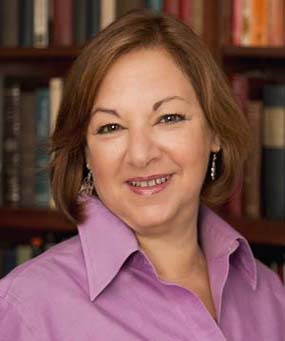
Leila Rosen, English teacher, writes:
Teachers of literature want our students to feel that works written long ago and in distant lands are close to them, and can have meaning for them now. I love “Literature; a Run, with Some Philosophic Stops,” by Eli Siegel: 31 lively points about many writers—from classical Greek and Roman authors to Shakespeare, Cervantes, Balzac, Goethe, Whitman, and others. Mr. Siegel shows these authors as pulsatingly alive—both as artists and as people. These critical statements about the value of great works of literature can encourage people to want to read them and to see them as not so very far away from ourselves. Here are just a few of the 31 points:
1. Homer, or somebody, saw what he as a person felt, and he used the Trojan War in a way that was fair to the universe; out of Homer’s being fair to himself, and just to the universe, came the Homeric literature with its hexameters that remain.
2. Literature puts together the grand particularity of a single mind with the endless meaning of things as such; this makes for a state akin to music and form.
3. Aeschylus scolded the gods while maintaining the full dignity of himself; he also scolded man, while saying a good word for the gods; from all this came a tragedy like the Agamemnon.
And later,
12. Shakespeare was about adequately interested in everything, so we can never too much be interested in him.
17. Victor Hugo said that anything he thought of, anything he could see, might become poetry; and if French verse as it was didn’t let him, he, Victor Hugo, would reform French verse; he helped to make French verse more yielding and the world kinder.
26. Dear, bulky James Fenimore Cooper showed the terrestrial and subtle drama in geography; he presented the strange relation of motion, land, water, and the heartbeat.
27. Whitman said when he sang about anything he was talking about himself; with him, to be was to be autobiographic.
>>Read “Literature; a Run, with Some Philosophic Stops” by Eli Siegel